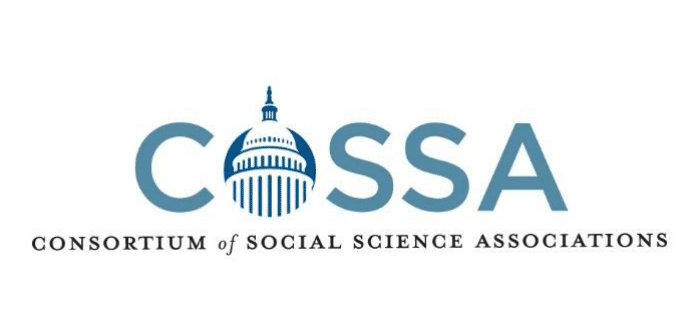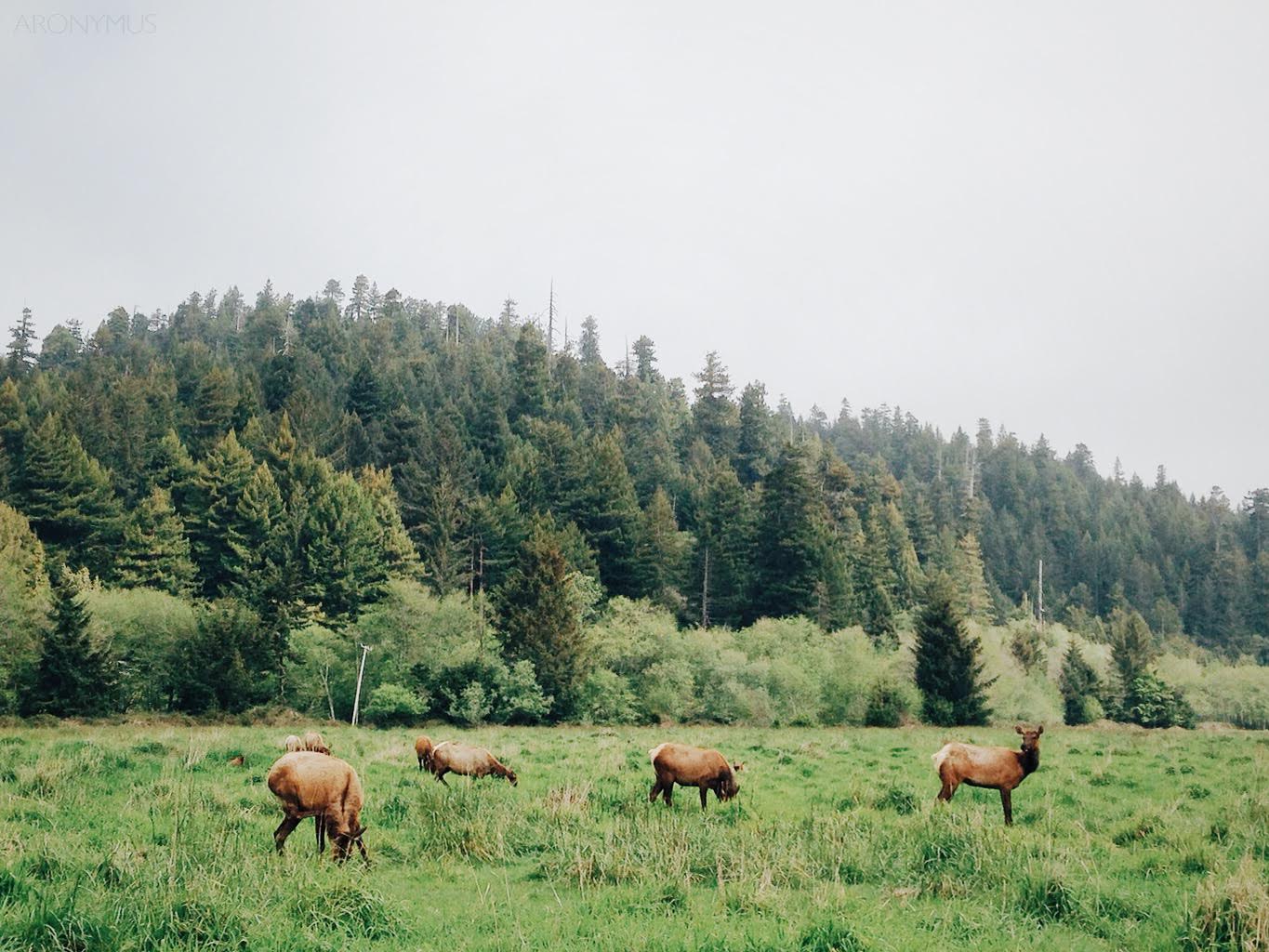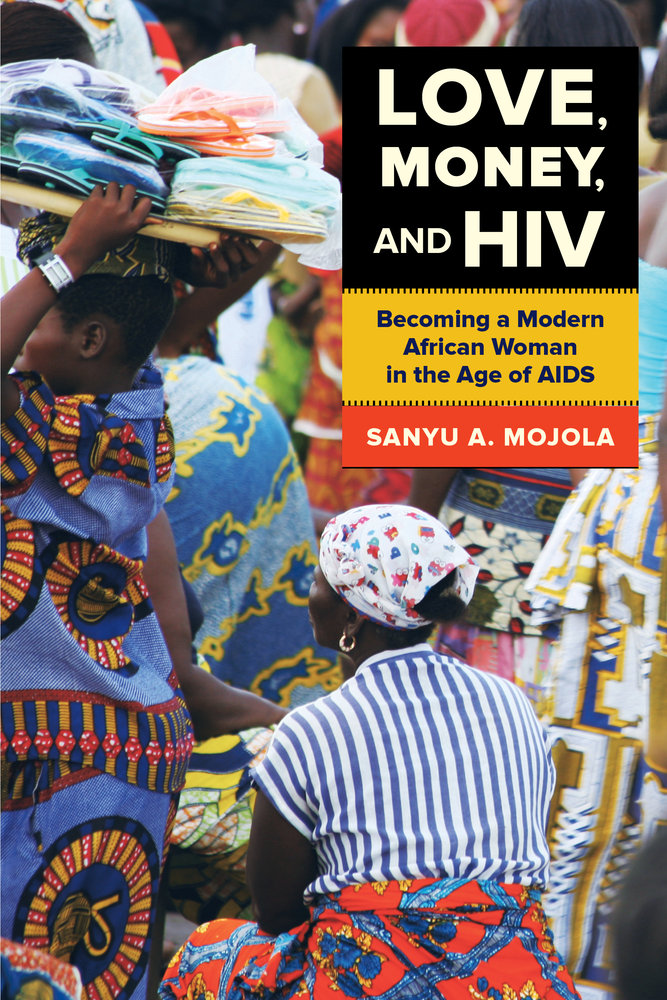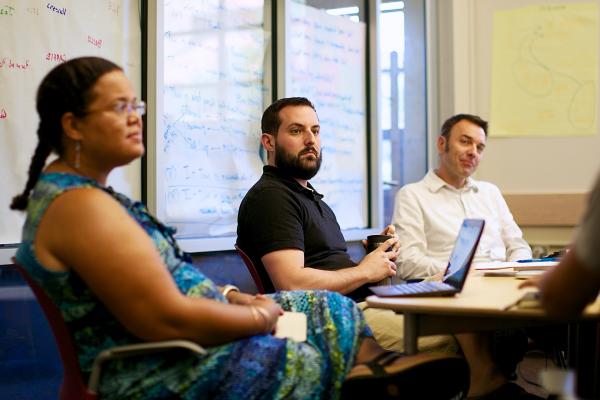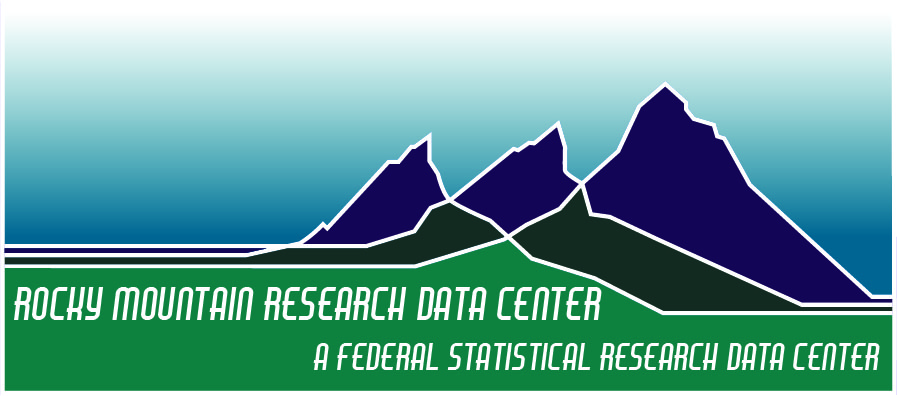Data released by the National Center for Science and Education Statistics and published by the Consortium of Social Science Associations ranks the University of Colorado Boulder as 19th in the nation for Federal Social and Behavioral Science Research and Development. This data represents the combined federal research and development expenditures for social sciences, psychology, law, communications, and social work for Fiscal Year 2015.
featured
CU-Led Study Finds Local Government Engagement Helps Reduce Deforestation
Empowering local governments with forestry decisions can help combat deforestation, but is most effective when local users are actively engaging with their representatives, according to a new University of Colorado Boulder-led study.
Using a combination of survey data, census information and satellite images dating back to 2000, the researchers meticulously compared deforestation results from Bolivia and Peru, two countries with differing approaches to forest governance.
The study, which was published today in the journal Proceedings of the National Academy of Sciences, finds that a local, ground-up approach can yield better results than national, top-down policy so long as local forest users are working closely with their officials.
Such interactions might include a one-on-one meeting with a town mayor or attending an open planning forum, the two methods that the researchers found to be the most common forms of interactions between community members and local government officials.
“Natural resource use is, by nature, local in character. You need buy-in from local politicians in order to make forest governance work,” said Krister Andersson, director of CU Boulder’s Center for the Governance of Natural Resources and lead author of the new study.
Deforestation remains a major global environmental challenge, with the United Nations estimating that 18 million acres of trees are lost each year worldwide. Forests are complex systems that have historically proven difficult to govern due to contradictory user groups and long-term recovery trends that tend to outlast political regimes.
$5.9 Million Grant Awarded for Youth Violence Prevention Work in Denver
The Center for the Study and Prevention of Violence at the University of Colorado Boulder has received a five-year $5.9 million grant from the Centers for Disease Control and Prevention to expand its youth violence prevention work in two Denver neighborhoods. Preventing and reducing the risk for youth violence remains a significant challenge for communities across the country, said Beverly Kingston, director of the Center for the Study and Prevention of Violence in the Institute of Behavioral Science and principal investigator. The full story is included in CU Boulder Today.
“Love, Money, and HIV” Receives Distinguished Scholarly Book Award
Sanyu Mojola received the “Distinguished Scholarly Book Award” from the American Sociological Association at the August 20-23 meeting in Seattle. This is a tremendous honor, presented annually for the ASA member's best single book published in the three calendar years preceding the award year. Sanyu joins a distinguished and very impressive list of scholarly awardees.
The title which earned this much-deserved award is Love, Money, and HIV: Becoming a Modern African Woman in the Age of AIDS by Sanyu A. Mojola (University of California Press, 2014)
Congratulations Sanyu!
Community Based Research Graduate Fellowship awarded through CU Engage
Aaron Malone has been awarded a Community Based Research Graduate Fellowship through CU Engage. The program supports a cohort of graduate students doing collaborative research with community partners for mutually beneficial exchange of knowledge and resources in a context of partnership and reciprocity. Aaron will partner with the Denver Federation of Zacatecan Clubs for research titled: "Hometown associations and transnational engagement in Denver's Mexican immigrant community." Details about the program are discussed in CU Engage.
Rocky Mountain Research Data Center to be Housed at IBS
The National Science Foundation this month awarded $300,000 over three years to CU-Boulder to create the Rocky Mountain Research Data Center (RMRDC), which will be housed in the Institute of Behavioral Science (IBS). The center joins a relatively exclusive group of 19 others across the U.S. and is expected to be a boon for researchers and raise the profile of CU-Boulder to prospective faculty and graduate students.
“Graduate students’ ability to do original research will be much, much stronger,” said Keith Maskus, an economics professor and principal investigator on the project. “We will be training generations of graduate students who will have far better familiarity with data and how to use big data sets. That will lead them directly into new kinds of careers.”
Nearly all major research institutions near CU-Boulder will use and support the center, including the University of Wyoming, Colorado State University, University of Colorado Denver, the Anschutz Medical Campus, University of Colorado Colorado Springs, the National Center for Atmospheric Research, the National Renewable Energy Laboratory and Colorado state government.
“The new connections with universities and laboratories in Colorado and Wyoming will increase the breadth of our intellectual networks and the speed with which major social problems are analyzed,” IBS Director Myron Gutmann said.
Geographers Research Deadly Fighting in Nagorno-Karabakh
Between Armenia and Azerbaijan lies a contested territory controlled by an unrecognized state called the Nagorno-Karabakh Republic (NKR). In the early hours of April 2, violence exploded in this Armenian-supported statelet in the southern Caucasus. This festering conflict in former Soviet territory suddenly turned hot. John O'Loughlin and colleague Gerard Toal have researched in great depth the conflicts and political implications thereof in this region, and their findings are reported today in the Washington Post. Read the entire article here.
Population Science Researchers Become Agency Advocates
CUPC affiliates Ryan Masters and Stef Mollborn participated in “Advocacy Day” through the Population Association of America in Washington DC, late March 2016. Advocacy Day took place the day prior to the annual PAA meeting and Ryan and Stef met with staff in the offices of Senator Michale Barnett (CO), Senator Cory Gardner (CO) and Representative Diana DeGette (CO01). The conversations were designed to inform staff about population sciences in general, what population researchers are doing at CU-Boulder, and how population sciences benefit from the federal government (both directly through grants and indirectly through agencies). They also urged continued support for the agencies that support population sciences (e.g., NIH, NIA, NSF, the Census Bureau, NCHS, and other statistical and data-based agencies). The PAA specifically asked advocates to request the following: (1) support funding federal agencies related to PAA and population-based sciences in 2017, esp NIH, NSF, and Census; (2) oppose bills and amendments that are anti-behavioral science or anti-social science; and (3) oppose attempts to make the American Community Survey voluntary.
